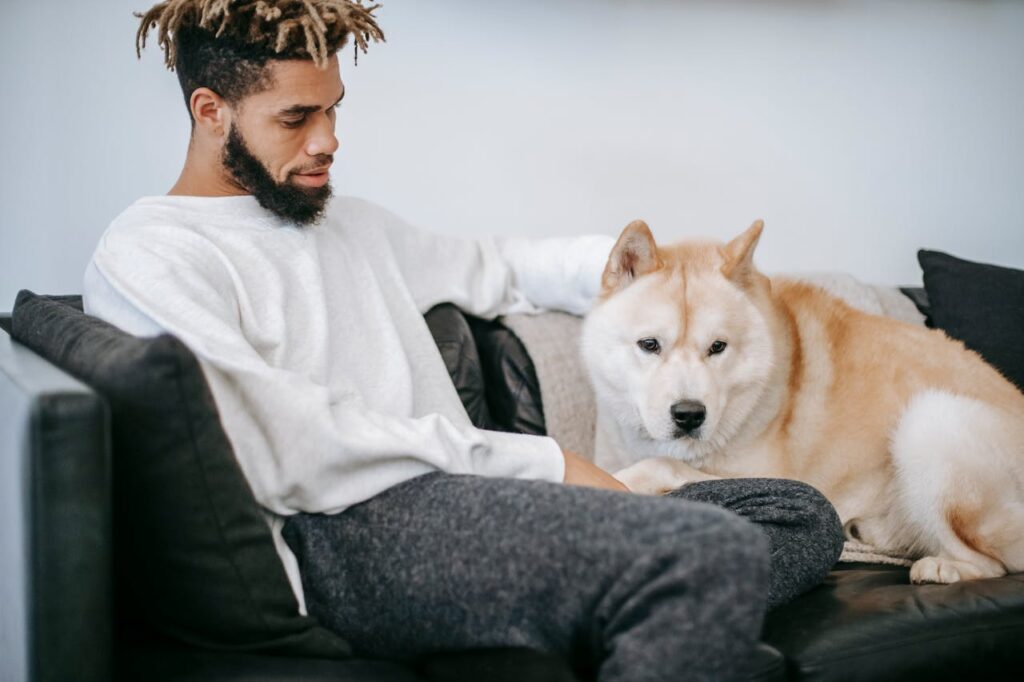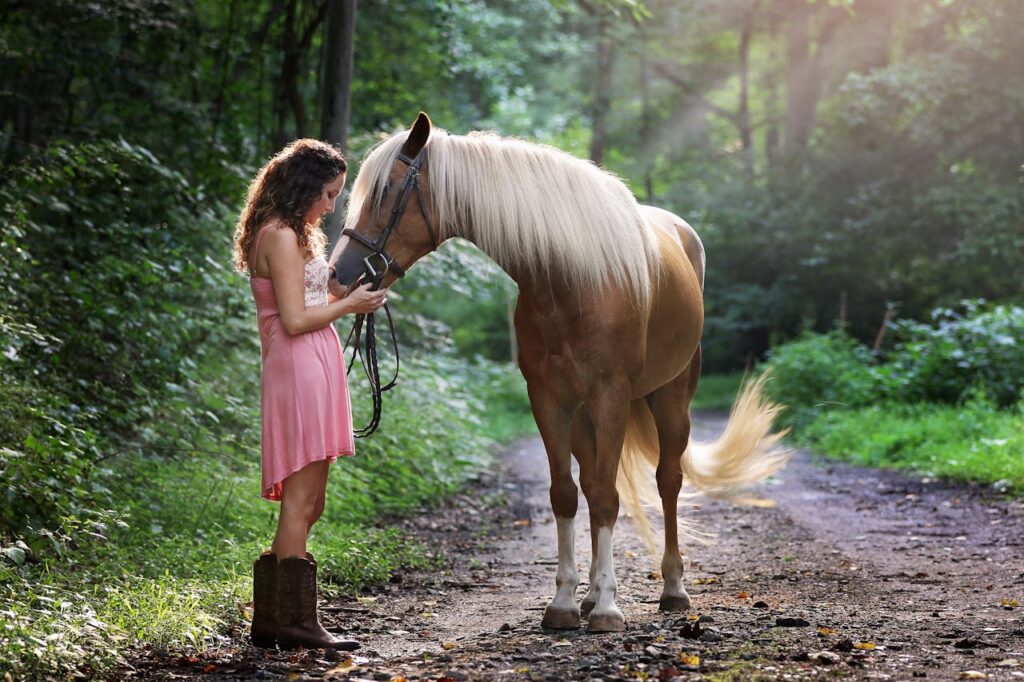What Animal Symbolizes Loyalty? Exploring the Creatures Known for Devoted Bonds
In the animal kingdom, loyalty isn’t just a poetic concept; it’s a behavior with deep roots in evolution, social cooperation, and trust-building. When we think about loyalty, we often picture unwavering support, long-term bonds, and protective instincts, and some animals embody these traits remarkably well.
But which animal truly represents loyalty? The answer depends on how you define and observe commitment in the wild and in human culture. Let’s explore which species earn the title of loyalty icons and why they resonate so strongly across societies.
Dogs: The Timeless Symbol of Loyalty
From folklore to modern science, dogs are arguably the most widely recognized symbol of loyalty. This association isn’t just cultural—behavioral studies and evidence of strong emotional intelligence in domesticated canines back it. Over thousands of years, dogs have evolved alongside humans, forming bonds that are not only emotional but also neurochemical.
Oxytocin, the so-called “love hormone,” spikes in both dogs and humans when they gaze into each other’s eyes, a hormonal feedback loop similar to that between mother and child. According to a study published in Science Magazine, this biological similarity strengthens the mutual trust and social attachment between humans and their canine companions.
Examples of canine loyalty are well-documented. One of the most famous is Hachikō, the Akita who waited at Tokyo’s Shibuya Station for nearly 10 years after his owner’s death. Stories like Hachikō’s cement the dog’s role as a universal loyalty mascot, both biologically and symbolically.
Wolves: Wild Loyalty in Family Structures
While dogs are loyal to humans, wolves demonstrate unwavering loyalty within their own packs. In contrast to the outdated notion of an “alpha” lone leader, modern research reveals that wolf packs typically consist of nuclear families, parents leading and caring for their offspring, sometimes across generations.
A study by the International Wolf Center points out that wolves exhibit strong cooperative behaviors, including coordinated hunting, pup-rearing, and pack defense. This makes them a compelling symbol of loyalty through familial duty and social contract.
| Animal | Type of Loyalty | Key Behaviors |
|---|---|---|
| Dog | Human-centered loyalty | Emotional bonding, protective behavior, long-term companionship |
| Wolf | Pack/family loyalty | Group defense, cooperative parenting, lifelong social bonds |
| Elephant | Herd loyalty | Emotional memory, mourning rituals, alloparenting |
| Penguin (Emperor) | Mate fidelity | Seasonal monogamy, co-parenting, mutual care |
| Albatross | Lifelong mate loyalty | Long-distance pair bonding, synchronized mating cycles |
Elephants: Loyalty Through Emotional Intelligence
Elephants are another animal frequently associated with loyalty, particularly within herd dynamics. These gentle giants are known for their incredible memory, complex social alliances, and emotionally expressive behavior. Female elephants live in tightly-knit matriarchal herds, where older females guide and protect the group.
Perhaps most impressively, elephants are known to grieve their dead, returning to the remains of lost family members and even engaging in what appears to be mourning rituals. According to a study published in Scientific Reports, elephants exhibit consolation behavior, such as trunk caressing and vocal comfort, to stressed companions—signs of deep emotional loyalty.
Albatrosses & Penguins: Loyalty as Monogamy
Among bird species, some form bonds so steadfast that they redefine romantic loyalty. The wandering albatross, for example, mates for life and may travel thousands of miles alone, only to return and reunite with the same partner for breeding season. These birds engage in elaborate courtship dances and vocalizations that help them recognize and reinforce these bonds annually.
Similarly, emperor penguins are famous for their seasonal monogamy. Though their pairs may not last a lifetime, both parents invest equally in incubating and raising chicks during Antarctica’s harsh winters, a rare cooperative effort in the animal world. This shared responsibility and trust reflect a form of loyalty driven by environmental and evolutionary necessity.
Honorable Mention: The Horse in Human Culture
While horses may not share the same levels of attachment as dogs or elephants, they occupy a unique place in human history as symbols of loyalty and companionship. Ancient warrior cultures, from Mongolian tribes to European knights, deeply valued the loyalty of their horses in battle. Modern research shows that horses can recognize human faces, respond to emotional cues, and remember positive or negative interactions long-term.
Though horses are prey animals with different social wiring, their willingness to build trust with humans over time makes them enduring icons of loyalty, especially in literature and cultural symbolism.
Defining Loyalty in Animal Behavior
It’s important to clarify that what humans interpret as “loyalty” might be driven by other evolutionary advantages in animal behavior. Loyalty can manifest in multiple forms:
- Pair bonding and reproductive fidelity
- Family support in cooperative species
- Group cohesion for survival
- Inter-species bonding through domestication
These different expressions of loyalty highlight how adaptable and essential it is for thriving both in the wild and within human society.
The Final Word on Loyalty in the Animal Kingdom
So, what animal represents loyalty? If you’re thinking in terms of unwavering devotion to humans, then dogs easily take the top spot. For structured family or pair-based fidelity, wolves, elephants, and certain birds like albatrosses make strong contenders. Each offers a different lens through which to view loyalty—from emotional intelligence and protective instincts to lifelong partnerships and cooperative parenting. In the end, loyalty isn’t owned by one species; it’s a mosaic of behaviors woven through the animal world, waiting to be appreciated in all their complexity.
Related Questions
Which animal is most loyal to humans?
Dogs are widely recognized as the most loyal animals to humans due to their long history of domestication and deep emotional bonding.
Are cats loyal animals?
Cats can be loyal, but their loyalty often manifests differently from dogs. While they may show affection selectively, many cats form lasting bonds with their owners.
Do wolves stay with their mates for life?
Some wolf pairs do mate for life, especially in stable pack environments. Loyalty in wolves is often more strongly expressed toward the pack than individual mate fidelity.
Why are elephants considered loyal?
Elephants exhibit complex emotions and social structures, including grieving and helping injured herd members, which are interpreted as signs of loyalty.
What does the dog symbolize spiritually?
In many cultures, dogs symbolize protection, faithfulness, and unconditional love, often serving as spiritual guardians or loyal companions in mythology.



